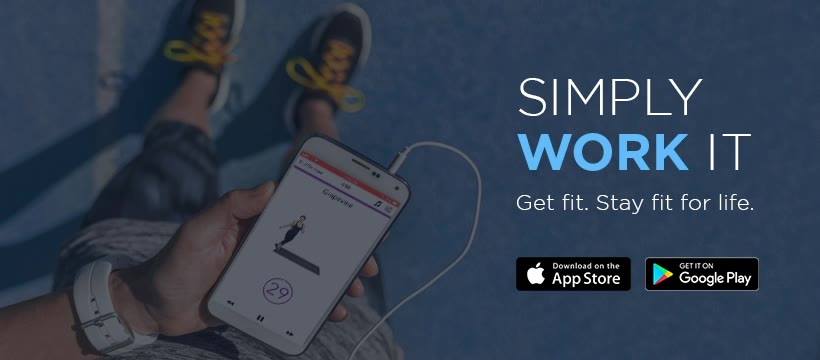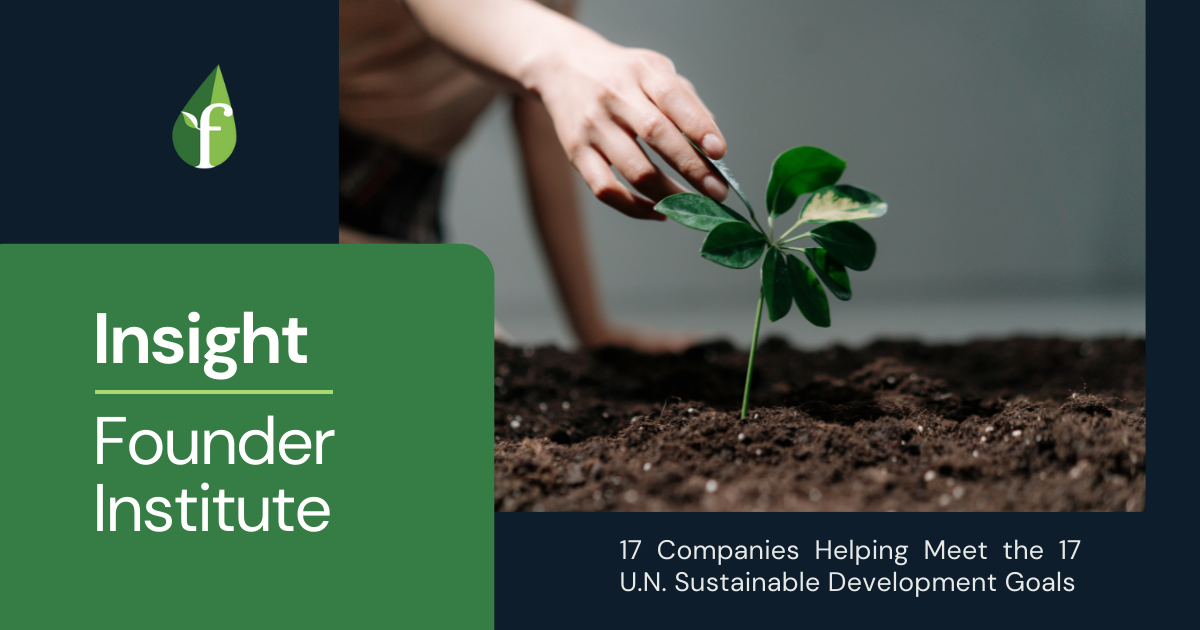
Making Impact Work for Startups: the iKPI Playbook
In 2015, the UN released 17 Sustainable Development Goals (SDGs), an urgent call for governments, businesses, and organizations to align efforts towards “a shared blueprint for peace and prosperity for people and the planet.”
As business leaders, it is past time to assume our share of this indispensable responsibility. We cannot rely solely on governments and large organizations to act without our support. The biggest problems of humanity can and must be solved by entrepreneurs, who are currently the most effective catalysts for change in the world.
We are therefore calling on entrepreneurs to form “Impact Companies” that address SDGs such as eradicating extreme poverty, ending world hunger, and achieving gender equality.
To be successful, we believe entrepreneurs should weave sustainability into a concept we all understand - KPIs. That’s why we’ve come up with “impact” KPIs, or iKPIs.
All Impact Companies should:
- Align their mission with one or more UN Sustainable Development Goals
- Integrate a method to measure impact: an impact key performance indicator (iKPI)
- Publicly display iKPIs and update results regularly
The Founder Institute has put together a free Progress Planner tool to search and generate iKPIs, as well as a playbook for startup founders to work towards becoming an Impact Company through realistic, trackable steps. To help guide entrepreneurs, we will provide supporting resources, including practical iKPI recommendations, real-life applications and metrics, and example case studies, through 10 key steps - this post is #1 in that 10-part series.
How to Choose Your Company’s Impact Goals
Background
Impact is notoriously hard to measure, and companies are understandably unsure how to turn this abstract concept into measurable goals. In fact, only two in five businesses that have committed to the UN goals have sufficiently adapted their targets to accomplish them.
Before we start talking about iKPIs (impact Key Performance Indicators), you will need to identify the goals your company can work to meet - which will always be a unique combination to your business. Let’s look at how to select UN Sustainable Development Goals that can seamlessly align and integrate with your existing business strategy.
Action Points
There are 17 UN Sustainable Development Goals, each of which includes multiple sub-targets - which means there are a lot of impact options available to choose from! To get started, we recomment entrepreneurs visit to FI.co/Progress to search the free Progress Planner.
It is always better to set realistic goals and ones that are achievable over time, rather than being tempted by only short-term aims, or overly lofty goals that you know you cannot meet. And it is also easier to keep your team and your community motivated, if you can show progress over time. As such, we recommend that founders focus on the following:
- 2 goals for which progress is achievable in the short to medium term
- 1 more ambitious and long-term goal
Founders should try and match their type of company - their industry, type of product, type of market - to specific SDG areas where you can have the most reach.
To get an idea of what your stakeholders want to see from you, and make as informed a decision as possible, it is a best practice to survey your team, customers, investors and other interested parties. Ask them what SDGs and targets they feel would most suit your company, and satisfy user expectations.
Impactful Tip
Your business is not going to start running itself just because you have ‘found your purpose.’ As such, we recommend that founders do choose the 'low hanging fruit' when it comes to selecting your two short- to medium-term impact goals.
Take a look at your business, your processes, and your team, and think about where you have full control over the levers, and where you do not. For example, if you decide to increase diversity in your team, you know you already have full control of your company’s hiring policy and talent acquisition process. So you know you can enact changes to that process immediately, and track improvements.
However, if you decide to make your impact goal to drive a more inclusive local economy in your city, this is something that requires action from multiple stakeholders. As such, it would be better suited as a long-term goal.
Case Study Example 1: TotalCtrl
- TotalCtrl (FI Oslo) is a leader in the development of digital solutions to prevent food waste. Having gained momentum throughout the COVID downturn, the company recently raised a funding round of NOK $20M in November 2020. TotalCtrl’s products include inventory control systems for restaurants and commercial food retailers, as well as a B2C consumer app that suggests recipes according to what users have in their fridge and when items expire.
- Since the core business model of TotalCtrl is so laser-focused on preventing food waste, their impact goals are obviously most aligned with SDG #2, Zero Hunger.
- SDG #2 includes 8 different subgoals, the first of which reads “By 2030, end hunger and ensure access by all people, in particular, the poor and people in vulnerable situations, including infants, to safe, nutritious and sufficient food all year round.”
- For-Progress iKPI for this subgoal includes “iKPI 2.1.1: Increased efficiency of logistical supply chains in agriculture which ensure access to markets and affordable food.”
- It is straightforward to see how total food waste prevented through use of TotalCtrl solutions, measured against a control group (e.g. waste without implementation of the solution), can be quantified.
- This measured amount of food waste prevented also has a clear economic value (*the cost of that food, or energy to grow and deliver it); so iKPI 2.1.1, as a measure of efficiency increase, could be easily expressed as a cost or energy savings from that prevented food waste.

Case Study Example 2: Sworkit
- Sworkit (FI Washington DC) is one of the top personal fitness apps for iPhone, Android, or web users, with workout plans designed to help users reach their fitness goals faster and simpler.
- Sworkit’s core business is aligned with SDG #3, Good Health and Wellbeing. However, the team’s deliberate impact strategy is focused even more narrowly: on improving the physical fitness of young people, by providing the app free for 10M+ students in more than 14,500 schools.
- SDG #3 includes 10+ subgoals, of which 3.4 reads “By 2030, reduce by one-third premature mortality from non-communicable diseases through prevention and treatment and promote mental and physical health and well-being.”
- For-Progress iKPI for this subgoal includes “iKPI 3.4.1 Proportional reduction of the mortality rate attributed to cardiovascular disease, cancer, diabetes, or chronic respiratory disease.”
- Dedicated to delivering the impact of healthy lifestyle on students, the team at Sworkit quantifies these impact metrics and shares them publicly via their Youth Initiative.

Next in this series on Implementing iKPIs and making impact work for startups, we discuss How to Get Your Team On Board—because in our experience, impact initiatives are likely to fail, if forced from the “top-down” rather than grown from the “bottom-up.”
If you're an impact startup founder, enter your 1-minute pitch video at PitchForProgress.com by May 28th for a chance to pitch live to impact investors in the July online Demo Day event + win prizes!
The Founder Institute believes we cannot rely solely on governments and big organizations to fix the world's problems - the time is now for entrepreneurs to also do their part.
Use our free For Progress planner to search iKPIs (Impact Key Performance Indicators) by keyword, or browse iKPIs by the 17 UN Sustainable Development Goals. Don't be intimidated by seemingly impossible impact metrics - instead, find specific SDGs that your business can positively influence.
Try the Progress Planner tool at FI.co/Progress, or learn more startup impact initiatives across the FI global network at FI.co/Impact.



